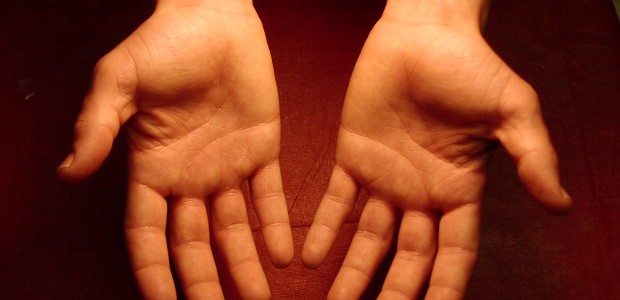A new study of one thousand individuals in Rome found that skin cancer tumors were completely eradicated in ninety-five percent of the patients using a new type of skin cream. And thats after only one treatment! This particular therapy is for a specific type of cancer called basal cell carcinoma, which is actually the most common type of skin cancer.
The cream has not yet been approved for use, and is still undergoing further trials…but seems quite promising as an alternative to invasive surgery. It uses a radioactive isotope and kills cancerous cells in under an hour, and is not harmful to the surrounding areas of skin. Right now they are setting up some larger trials in Germany with the hopes of bringing this new skin cancer treatment to market.
Delving into this “radioactive isotope”, we find that it is called rhenium-188, which kills the deepest of skin cancer tumors while having almost no side effects. The way this works is that there is a base layer of cream applied directly to the skin which protects the healthy cells from the radioacivity. This treatment acts as an alternative to invasive or non-ideal treatments such as:
- surgery
- major scarring
- skin grafts
Institut Laue-Langevin
The research team responsible for this new therapy is lead by Dr. Ulli Köster at the Institut Laue-Langevin (ILL) in Grenoble, France. Says Dr. Köster:
“Typically this disease is treated by surgery, and since it doesn’t metastase this is usually OK. “But the problem is if the tumour is on the face, on the nose, ear or somewhere, it is strongly disfiguring – someone can have a big scar or lose half of his face. “This is a localised radiation therapy which in more than 95 per cent of cases a single treatment is sufficient to make the cancer go away.”
Basal Cell Carcinoma
Here are some quick facts about the most common type of skin cancer, basal cell carcinoma:
- usually caused by exposure to UV rays (via tanning beds or natural light)
- accounts for roughly 4 out of 5 cases of skin cancer in Britain
- not typically metastic (doesn’t spread through the body & isn’t life threatening, as opposed to squamous cell carcinoma)
